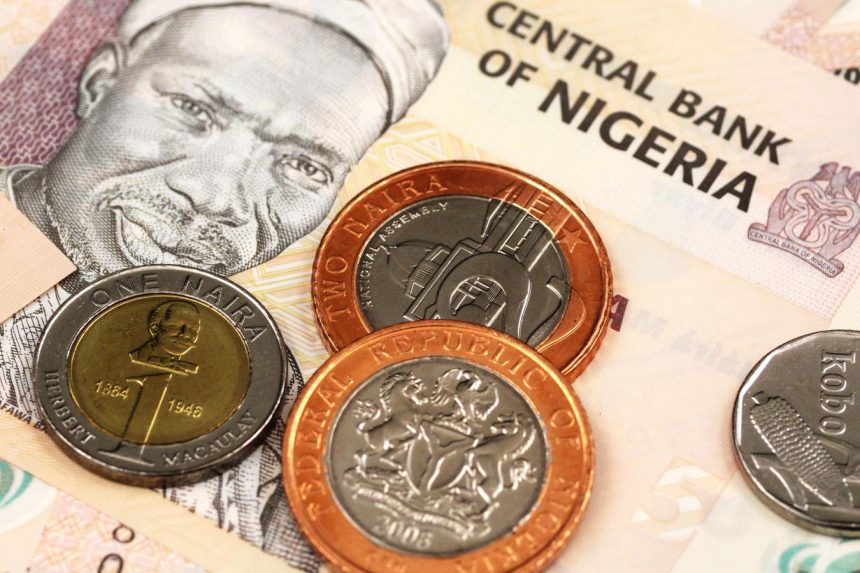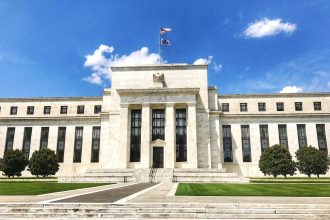Until recently, the U.S. banking system has been strong because of sensible bank regulations implemented during the Obama and Biden administrations. Yet, around the world, numerous countries do not have anywhere near as stable banking systems as the U.S. does. Weak banking systems should worry us all, not only because bank implosions hurt ordinary citizens, but also because they often cause sovereigns to default on their government debt. Sovereign defaults, in turn, cause even more problems for citizens such as increases in unemployment, social instability, and in worst cases, can lead residents to turn to crime and even terrorism. Worse yet, banking and sovereign crises often spill over to other countries affecting not only their economies, but also their national interests.
Both the International Monetary Fund and the World Bank have warned about the doom loop, the interconnection between financial sector and sovereign risks, several times in the last few years. Since 2012, emerging market banks’ exposure to their own sovereign’s debt has risen over 35%. This is of concern because emerging markets are at greater risk than developed economies. As Andrea Deghi, Fabio Natalucci, and Mahvash S. Qureshi of the IMF explain, “for one, their growth prospects are weaker relative to the pre-pandemic trend compared with advanced economies, and governments have less fiscal firepower to support the economy. For another, external financing costs have generally risen, so governments will have to pay more to borrow.” Given how much inflation has risen in the last several years, numerous emerging markets are having to pay much higher coupons when they issue bonds in order to entice investors to buy government treasuries.
Most Vulnerable Banking Systems
The Fitch Solutions Banking Industry Risk Indicator assesses a banking system’s vulnerability to financial stresses by incorporating government financial factors as well as important banking risk factors such as asset quality, leverage, liquidity, and levels of capital to help banks sustain unexpected losses.
Currently, BIRI scores show that banking system vulnerability is especially acute in Malawi, Nigeria, Ukraine, Zambia, and Ethiopia. Nigeria and Ukraine are of special interest to the U.S. due to their geographic locations, their importance in terms of geopolitical conflicts, and their vast commodity resources.
S&P Global has a methodology that differs from Fitch Solutions. S&P looks both at bank and country risks as key inputs in its Banking Industry Country Risk Assessment Methodology And Assumptions. Nonetheless, like in Fitch Solutions’ Business Monitor International BIRI Assessment, Nigeria and Ukraine have banking systems that have very high risks.
Given Nigeria’s importance to the economy of Africa, not to mention its key role in global energy markets, bank weakness there is of utmost important to the U.S. and other economies. Unfortunately, Nigeria continues to be challenged by terrorist threats, as reported by Voice of America, impacting how much the country has to continue spending on security. Any increased instability in Nigeria would lead to higher oil prices with significant global repercussions, especially with continued elevated levels of inflation.
Despite the country’s large population and all its commodity resource riches, Nigeria’s bank risk indicators are some of the weakest in Sub-Saharan Africa. While Fitch Ratings notes there has been improvement in the level of paid-in capital that Nigerian banks are seeking to bolster their ability to withstand unexpected shocks, Nigerian banks still have to improve their governance, asset quality, and liquidity. Banks in Nigeria have increased their borrowing significantly from the Central Bank of Nigeria; this is a classic sign that the country’s banks are experiencing liquidity stress.
Ukrainian banks should also be of concern to the U.S. given the geopolitical and commodity importance of that country. Unfortunately, the sovereign and banks have suffered significantly, since Russia invaded Ukraine. It is impressive that Ukrainian banks have been resilient. Unfortunately, Ukraine’s BIRI score of 90.37 in 2024 means that are still significant financial stability risks. According to Fitch Solutions, “although the market’s score had been steadily falling from 2015 to reach 65.48 in Q3 2021, the Russia-Ukraine war caused it to rise rapidly, reaching a high of 89.65 in Q4 2022, with the Q3 2024 score its highest since Q1 2016, implying higher risk.” Banks have been challenged by “weak government finance and economic volatility credentials are a particular source of risk,” Fitch added.
Ukrainian banks have also suffered from poor asset quality very often. The banks’ non-performing loans ratio is higher than anywhere else in Europe. This is a key ratio that credit analysts watch carefully in order to determine how close the banks are to default. The Russian war will continue to put a lot of pressure on the Ukrainian banking sector, despite the banks’ current high levels of sectoral profit.
Recently, Ukrainian banks have been able to increase their capital levels, which for the moment helps hem sustain unexpected losses. Nonetheless, Ukrainian banks’ asset remains weak. Banks nonperforming loan ratio of 32.4% as of October 2024 is the weakest in Europe. Banks are mostly state-owned, so if the war continues to worsen the country’s economy, it will be difficult for the sovereign to support the banks.
Read the full article here
















